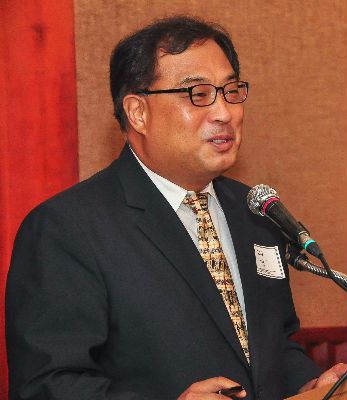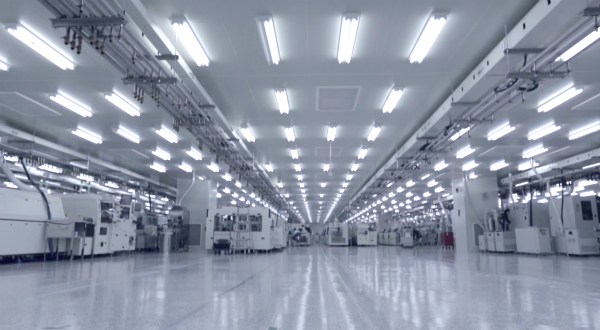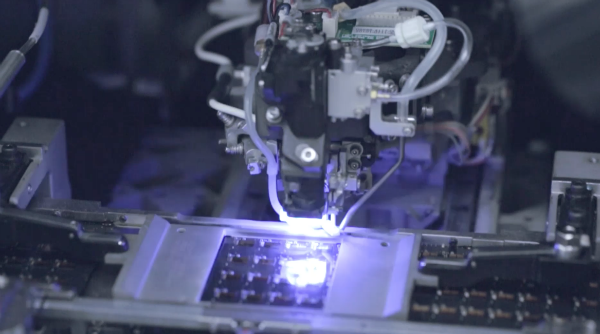Semiconductor company braces for exciting future of industry
MANILA, Philippines – As smart devices continue to become more powerful, the role semiconductors play in these electronic gadgets could only become more crucial and indispensable with greater innovations in consumer technologies.
Phoenix Semiconductor Philippines Corp. (PSPC) knows this well. As the leading semiconductor manufacturer in the country, PSPC is gearing up for exciting times, with global industry sales reaching record levels.
PSPC is part of the Bokwang Group, through its parent, STS Semiconductor & Telecommunication Co. Ltd, which spun off from Samsung Electronics in the late ’90s.
Semiconductor chips are the essential core of today’s cutting-edge technology devices. This means that as penetration rate of electronic devices—such as smartphones and tablets, among others—continues to grow, more semiconductors would be needed.
“There is only growth in the (semiconductor) market and we do not see it slowing down anytime soon,” said Dongjoo Kim, the company’s chief finance officer.
Article continues after this advertisementPSPC’s products are found inside the fancy body of a smart device. So if the name PSPC does not ring a bell to most people, perhaps the company where it supplies most of its semiconductor work does—Samsung Electronics Co. Ltd.
Article continues after this advertisementThrough Samsung, PSPC also reaches other respected global brands such as Apple, HP, IBM, Cisco, Oracle, Lenovo, and Dell.
PSPC has an existing manufacturing plant located in a 146,363 sqm property at the Clark Freeport Zone in Pampanga. Its process flow includes memory assembly, test, and module. The company started operations there in 2011.
After three years of successful operations in the country, PSPC is preparing to go public very soon. The company’s plan is to maximize production on its existing plants to continue catering to its clients’ needs in memory-based semiconductors. At the same time, putting up another manufacturing plant that would consider the manufacture of memory devices for high-end cellphones would allow PSPC to serve a whole new segment of customers.
“PSPC has never been more optimistic about its future growth. We see that current market demand is driving the industry forward, sophistication of processes and production have improved our efficiencies and capacity, the push for continued innovation and the rise of virtualization,” he said.
PSPC continues to invest in its Clark hub because of its strategic location; favorable policies inside the freeport zone; close vicinity to the airport; pool of skilled talents; and the Filipinos’ proficiency in English.
It helps that the country has been enjoying economic growth that are the envy of other Asian countries. Kim said: “We are keen in making PSPC the leader in semiconductor production in the country and hopefully the region. There’s still a lot of opportunity to be had and we have barely scratched the surface.”



